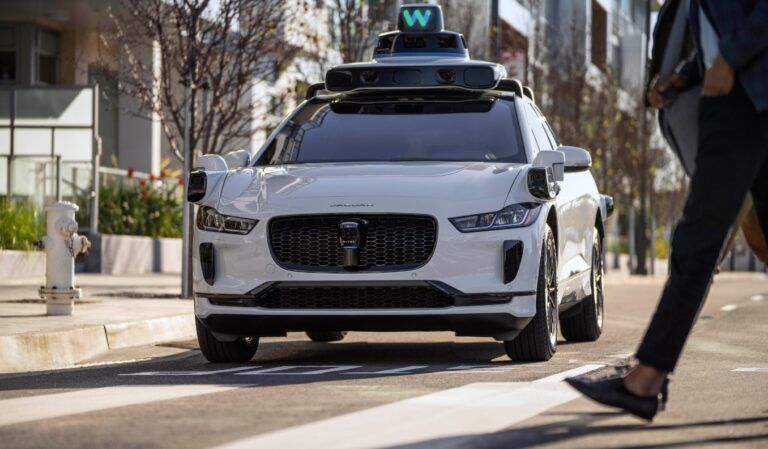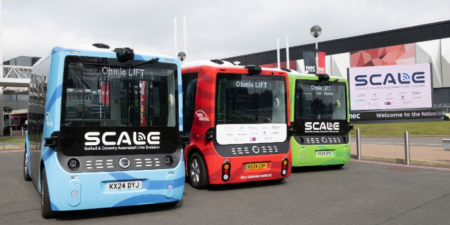Waymo, the autonomous vehicle subsidiary of Google’s parent company Alphabet, has issued a voluntary recall of 672 self-driving vehicles after one of its driverless cars struck a wooden utility pole in Phoenix, Arizona last month.
The May 21st incident occurred when an unoccupied Waymo vehicle was driving through an alleyway to pick up a passenger. As it was pulling over, the driverless car collided with a telephone pole installed flush with the road surface, sustaining significant damage. No passengers or bystanders were injured, but the crash prompted an investigation by the company.
Waymo determined the vehicle’s software had “assigned a low damage score” to the pole and its maps did not properly account for the lack of a curb or clear road edge in the alleyway. This caused the car to misjudge the hazard posed by the pole.
In response, Waymo is issuing a recall to update the software on all 672 Jaguar I-Pace vehicles in its fully driverless fleet. The update improves the vehicles’ ability to detect and avoid poles or similar roadside objects, while enhancing maps to better define road boundaries even without clear curbs or shoulders.
“We have already deployed mapping and software updates across our entire fleet, and this does not impact our current operations,” a Waymo spokesperson said. “As we serve more riders in more cities, we will continue our safety-first approach.”
This marks Waymo’s second-ever recall, after two minor collisions in 2022 prompted a recall of 444 vehicles due to a software error related to towed vehicle detection.
The incident comes amid heightened scrutiny of the autonomous driving industry by federal regulators. The National Highway Traffic Safety Administration (NHTSA) is investigating Waymo over two dozen reports of the company’s driverless vehicles exhibiting unsafe behavior, including several single-vehicle crashes and possible traffic violations.
NHTSA said the latest recall addresses situations where Waymo’s self-driving systems “could fail to avoid a pole or similar object” prior to the software updates. It has given Waymo until August 6th to provide details on testing, updates, and whether any vehicles were temporarily grounded in response to specific incidents.
As driverless car companies like Waymo expand their commercial ride services, they are grappling with public perception challenges fueled by viral videos of robotic driving errors. Proactive steps like voluntary recalls aim to demonstrate a commitment to quickly identifying and resolving safety deficiencies.
For an industry promising a future of crash-free transportation, incidents like poles being struck at low speeds call into question the current limitations of even the most advanced autonomous driving systems. Waymo and its competitors have more road miles to log before fully convincing regulators and the public that their driverless technology is truly road-ready.





